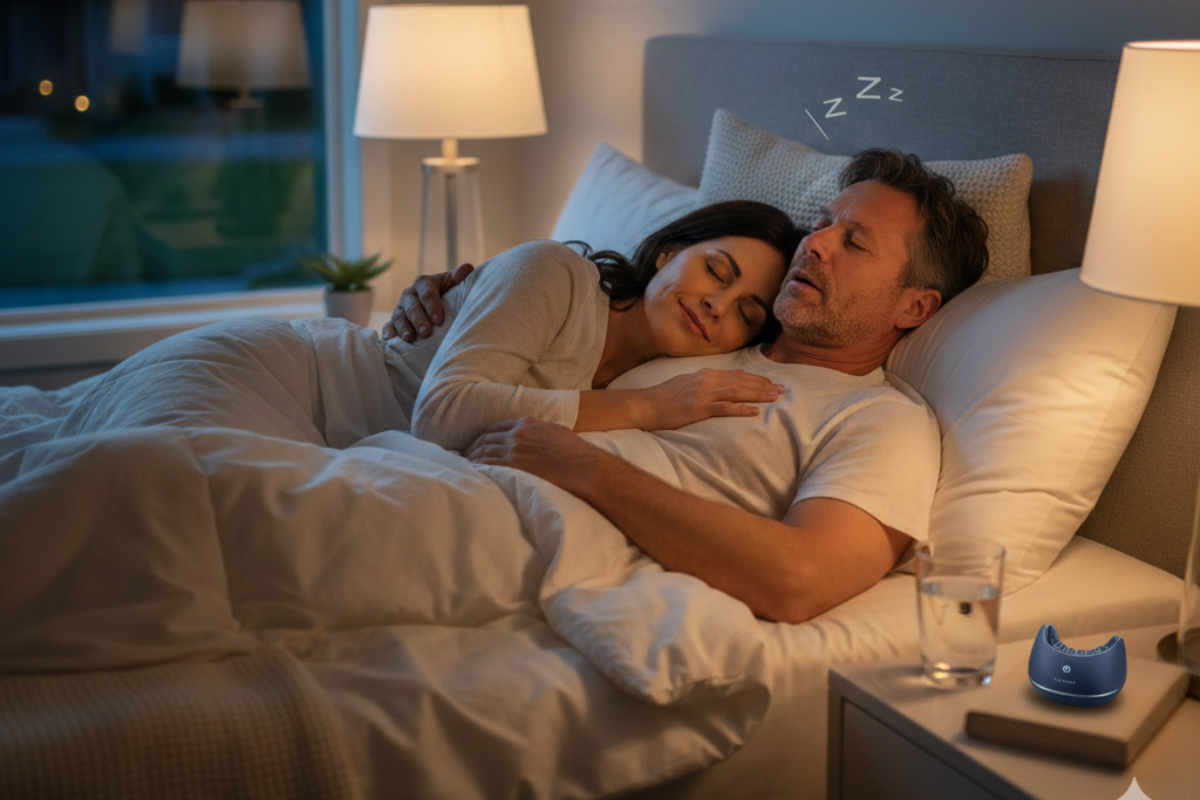Free Shipping - On Orders Over $99 (USA, Canada, UK, & AU)

Exploring the Sleep Habits of Martin Luther King Jr.
January 16, 2025 2 min read
Martin Luther King Jr. is celebrated for his leadership in the civil rights movement, but like all great leaders, he also had personal habits that contributed to his effectiveness. Among these, his sleep patterns and habits have been a topic of interest for historians and enthusiasts alike. While specific details about whether he snored are scarce, we can delve into the insights we have about his approach to rest and sleep.
The Importance of Sleep for Leaders
Martin Luther King Jr. understood the significance of sleep in maintaining his physical and mental health. According to various biographical accounts, he was known to prioritize rest even amidst the chaos of the civil rights movement. Sleep is crucial for cognitive function, emotional regulation, and overall well-being—attributes that were essential for King as he navigated the challenges of advocating for equality and justice.
Sleep Patterns and Routines
King's schedule was undoubtedly hectic, often involving late-night meetings and early morning speeches. Despite this, he recognized the need for sleep. In an interview, his close friend and fellow civil rights leader, Andrew Young, noted that King would often take short naps during the day to recharge. This practice of napping is supported by research highlighting its benefits, including improved alertness and cognitive performance, which would have been advantageous for King during his demanding days.
Late-Night Reflection
There are accounts that suggest King was a night owl. He would often stay up late, working on speeches or reflecting on the day’s events. This habit aligns with what many creative individuals experience—using the quiet of the night for contemplation and productivity. While it is unclear if this led to snoring, it does paint a picture of a man deeply engaged in his work, often sacrificing sleep for his cause.
The Impact of Stress on Sleep
The pressures of leadership, particularly during turbulent times, can significantly affect sleep quality. It's well-documented that stress can lead to sleep disturbances, including snoring, but specific evidence regarding King’s personal experience with snoring is not readily available. His commitment to non-violence and justice likely weighed heavily on him, which could have impacted his sleep patterns.
Conclusion
While we may not have definitive answers about Martin Luther King Jr.’s snoring habits, what stands out is his understanding of the importance of sleep amidst a life of service and advocacy. His approach to napping and late-night reflection serves as a reminder that even the most dedicated leaders must find ways to recharge. As we reflect on his legacy, we can also appreciate the human aspect of his life—one that included the universal need for rest.
References
- Young, Andrew. An Easy Burden: The Civil Rights Movement and the Transformation of America. HarperCollins, 1996.
- Schlaf, J., et al. "The Benefits of Napping on Alertness and Cognitive Performance." Journal of Sleep Research, vol. 25, no. 4, 2016, pp. 415-420.
- Walker, Matthew. Why We Sleep: Unlocking the Power of Sleep and Dreams. Scribner, 2017.
This exploration into King’s sleep habits may not provide all the answers, but it highlights the balance between personal well-being and the demands of leadership.
Also in Blog

Healthy Sleep Goals For 2026
December 22, 2025 6 min read

💨 Are Your Nighttime Breathing Issues Robbing You of Your Health and Your Energy?
December 12, 2025 3 min read
Breathing issues during sleep, collectively known as sleep-disordered breathing, are a major public health concern.

Is Your Snoring a Sign of Something More Serious? Unpacking the Science of Sleep
December 05, 2025 3 min read
When you snore, what's actually happening?
Join our Insiders Club
Every week you will receive specials, discounts, and giveaways.
Categories
- Better Sleep
- depression
- Fitness
- funny animal
- Global Citizenship
- health
- Mental Health
- mouthpiece
- nutrition
- pillow
- Productivity
- relationships
- sleep
- sleep apnea
- sleep deprivation
- Sleep Tech
- snoring
- snoring humor
- snoring jokes
- snoring sounds
- stop snoring
- StopSnoringStartLiving
- technology
- Tongue displacement
- travel
- video
- Young Adult

